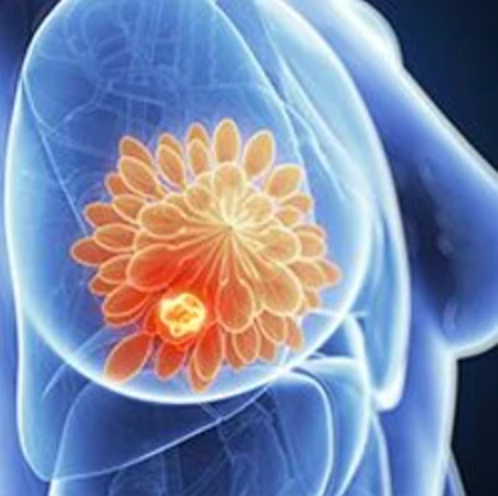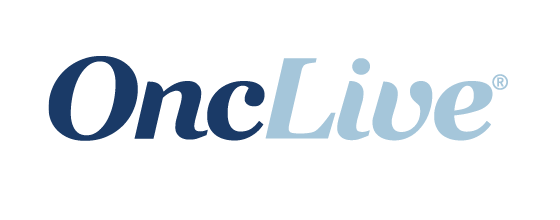Commentary
Video
Dr Abdou on Considerations Between AKT vs PI3K Inhibition in HR+/HER2– Breast Cancer
Author(s):
Yara Abdou, MD, discusses the considerations between AKT inhibitors vs PI3K inhibition in patients with hormone receptor-positive, HER2-negative breast cancer.
Yara Abdou, MD, assistant professor, medicine, Division of Oncology, Department of Medicine, University of North Carolina (UNC) School of Medicine, Lineberger Comprehensive Cancer Center, UNC Health, discusses the considerations between AKT inhibitors vs PI3K inhibition in patients with hormone receptor (HR)–positive, HER2-negative breast cancer.
With post-CDK4/6 inhibition, there's historically a 2- to 3-month median progression-free survival (PFS) that is seen with standard endocrine therapy, which speaks to an unmet need within this treatment landscape, Abdou begins. However, targeting this pathway following progression on CDK4/6 inhibitors seems to provide patients with a nearly 7-month median PFS, which is the better option for patients, Abdou notes.
However, within this arena, it is notable that in the phase 3 CAPItello-291 trial (NCT04305496), the AKT inhibitor capivasertib in combination with fulvestrant (Faslodex) improved PFS compared with fulvestrant alone in the overall population, Abdou expands. Notably, the combination of capivasertib and fulvestrant led to a clinically meaningful improvement in PFS vs fulvestrant alone in patients with HR-positive breast cancer, including patients who were previously treated with a CDK4/6 inhibitor, those who received chemotherapy in the advanced setting, or those with baseline liver metastases. These data were shared at the 2023 ESMO Breast Cancer Annual Congress.
The benefit seen with capivasertib and fulvestrant was derived regardless of alterations in the AKT pathway, Abdou says. However, treatment with alpelisib (Piqray), a PI3K inhibitor that's FDA-approved in this setting, plus fulvestrant only derives benefit in patients with PIK3CA mutations, making this an important observation to note when treating patients within this population, she adds.
Notably, the adverse effect profiles were markedly different between these 2 treatment approaches, Abdou continues. In the CAPItello-291 trial, less hyperglycemia was observed with capivasertib compared with the incidence of hyperglycemia with the PI3K inhibitor alpelisib in the pivotal SOLAR-1 trial, Abdou says. Therefore, it appears as though there are marked differences to note, making obtaining more data in the future vital, Abdou concludes.









